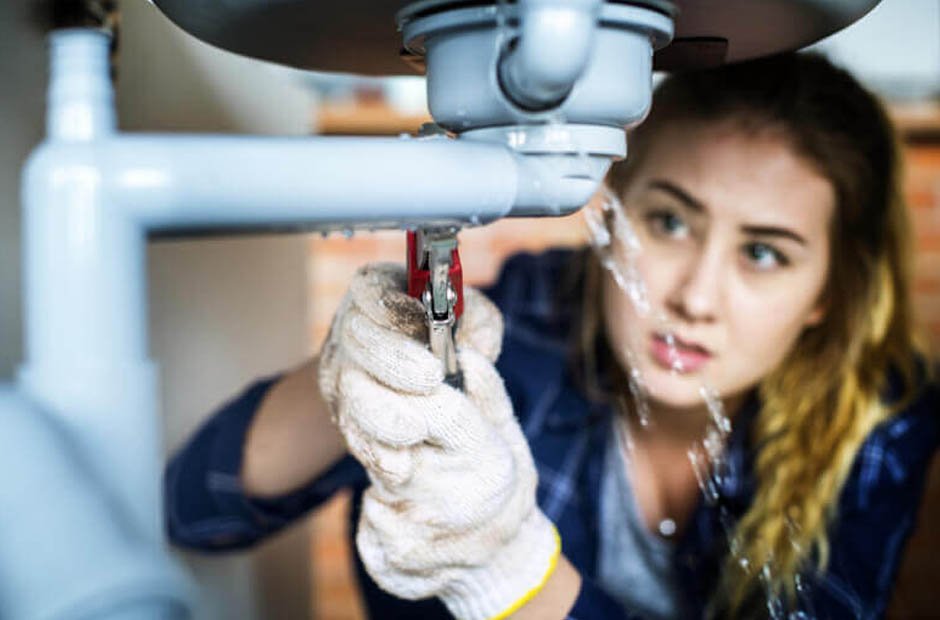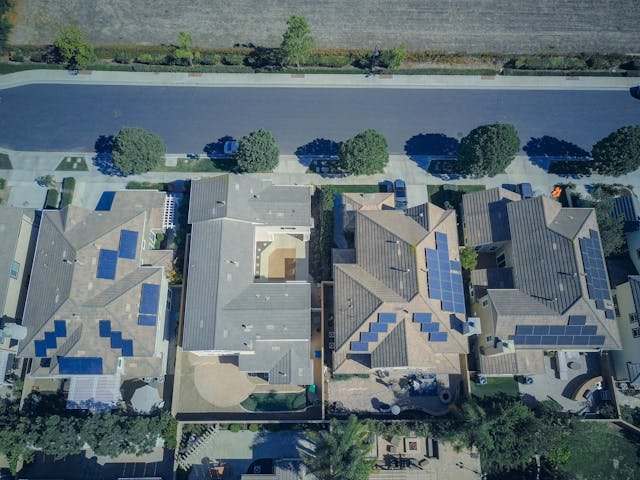Before you tackle DIY plumbing repairs, it’s wise to assess your skills. Make sure you have all the tools you might need and understand the regulations you need to follow. Safety should always come first, and you should be ready for any challenges that might come your way.
Knowing when to call in a professional for more complicated repairs is also crucial. Being mindful of these details beforehand can make your plumbing project go smoothly.
Skill Level Assessment
Before you dive into any DIY plumbing tasks like fixing a dripping tap or a constantly running toilet, it’s smart to think about whether you have the right skills for plumbing repairs. Try using different tools that help check your skills. These could be online quizzes or real tasks showing common plumbing problems.
By doing these tests, you’ll see what you need to improve or learn more about. Alternatively, consider consulting plumbing specialists in Surprise, AZ, who can handle even complex plumbing issues safely and efficiently.
Also, consider joining training programs before starting your plumbing projects. These programs allow you to improve your plumbing repair skills through structured learning. You might find these programs in local workshops, online videos, or in courses at a vocational school. Spending time learning will make you more confident and skilled in various plumbing jobs.
Always remember that knowledge and skill are crucial to successfully finishing DIY plumbing tasks. So, use these tools and training programs to be fully ready for any plumbing work you plan.
Necessary Tools and Materials
Before you start your DIY plumbing job, it’s important to have the right tools, such as wrenches, pipe cutters, and plungers, on hand. You should also gather all the needed plumbing supplies, such as pipes, fittings, and sealants. This way, you won’t have to stop in the middle of the repair.
Remember to wear protective gear and follow safety steps while repairing.
Essential Tools for DIY
It’s important to have the right tools and materials if you want to complete your plumbing repairs correctly. Keeping your tools in order helps a lot because it makes finding what you need easier.
Think about getting a toolbox or a tool chest to keep all your plumbing tools in one place and easily accessible. Also, it’s essential to be ready for emergencies. Always have things like a flashlight, an adjustable wrench, plumber’s tape, and a plunger close by for when something unexpected happens.
Being ready for these sudden problems can save you time and worry. If you keep your tools well organized and are prepared for emergencies, you’ll be able to do plumbing jobs more effectively on your own.
Required Plumbing Materials
It’s important to have all the tools and materials you need ready to do a good job fixing plumbing on your own.
First, assess what materials you already own and what you need to buy. Then, compare prices to keep your spending in check.
You can learn what specific materials you’ll need for your repair by looking up online guides or joining a DIY class.
Before you start, list everything you’ll need and put all these materials together in one place. This way, you will save time and avoid getting annoyed looking for things while you’re trying to fix something.
If you have the suitable materials for plumbing work ready, you’ll find it easier and quicker to finish your task.
Safety Precautions to Consider
Before starting any DIY plumbing tasks, ensure you have all the tools and materials you need for safety. Keeping the air clean is very important to avoid dangerous things like mold or harmful chemicals. Always wear safety gear like gloves, goggles, and masks to protect yourself.
Before you begin, learn what to do in case of an emergency. Know how to turn off the water and where to exit quickly. Be careful with dangerous materials like asbestos or lead pipes; sometimes, it’s better to call a professional.
Having the right tools, wearing protective gear, and knowing what to do in emergencies will make your DIY plumbing much safer.
Understanding Plumbing Codes
Grasping the plumbing rules is crucial if you’re doing your fixes to ensure they’re up to the legal standards and your plumbing system stays safe and works well. These rules help ensure plumbing jobs are done the right way, avoiding leaks, water damage, or health risks.
Knowing these rules well is essential when you’re planning to do plumbing projects on your own to ensure everything is done according to the code.
These plumbing rules cover many things, like how big pipes should be, what materials to use, how to vent properly, and how to install fixtures correctly.
If you don’t follow these rules, you could get fined, have your work fail inspections, or even face serious safety problems at home. By understanding and sticking to these plumbing rules, you’re avoiding legal issues and making sure your plumbing system works well for a long time.
Before you start fixing or installing anything plumbing-related by yourself, it’s very important to take some time to research and understand the plumbing rules for where you live. This bit of effort now can prevent bigger issues later.
Safety Precautions
Before you start any work on plumbing by yourself, it’s essential to consider your safety first. When doing plumbing tasks at home, taking steps to avoid accidents or getting hurt is a must. Here are some essential safety tips to remember:
- Wear the right safety gear: It’s a must to wear safety glasses, gloves, and shoes that protect your feet. This helps keep you safe from things that can cut you or chemicals that might splash.
- Be careful with chemicals: If you’re using chemicals to unclog drains, read and follow the instructions very carefully. Never mix different chemicals because this can cause dangerous reactions.
- Make sure to turn off the water: Before fixing anything, turn off the water supply to the area you’re working on. This helps avoid any unexpected leaks or flooding.
- Know how to use your tools: It’s essential to use your tools correctly and understand how each one works. Using tools incorrectly can cause accidents.
















